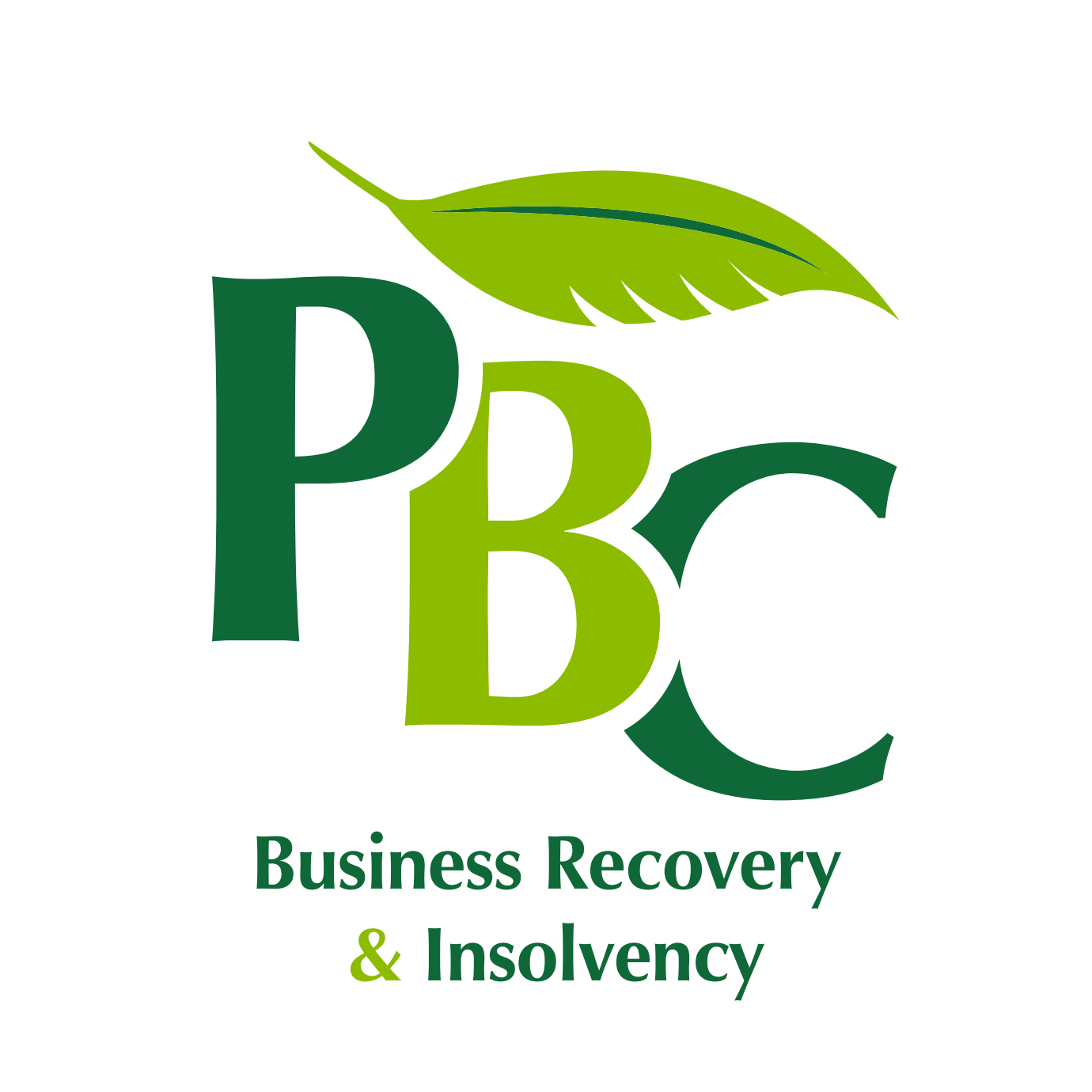Have you heard the phrase, “You cannot change the past, but you may influence the future? All too often we blame what has happened rather just accept that it has happened, and we need to address matters going forward.
The past 14 months, or so have been arguably the most challenging any of us have experienced but June brings forward two very important dates:
- Assuming the Government road map stays on course, the 21st is expected to see the end of restrictions and a return to normal life.
- It is widely believed the (thrice) extended deadline on various interim restrictions and amendments invoked under the Corporate Insolvency & Governance Act (“CIGA”) will end on 30 June. These include a limitation on serving statutory demands, presenting winding up petitions and landlords taking recovery action for rental arrears.
In addition to the CIGA provisions, many businesses will now be receiving notification that repayments of the “Bounce Back” loans are falling due, while the employment furlough scheme is set to end in the autumn.
All the above events will serve to impact on company cash flow, while many will face recovery action from those debtors, frustrated they could not take enforcement action during the CIGA restriction period. This includes HM Revenue & Customs where enforcement action has been limited to tax evasion and other limited taxation matters. It is little wonder the Government have extended the restriction period.
Many will be aware of the phrase, “If you fail to plan then plan to fail.” Unfortunately, all too often, people are great at what they do as a profession, but the accounting/bookkeeping side is seen as a necessary evil. That may well be the view but if you had a flat tyre, would you carry on driving or stop and do that necessary evil of changing the wheel?
The prediction is UK will endure a short, but sharp economic recession. As with previous economic challenges, those prepared are generally the ones who survive, so how do you promote the chances of you being one of those survivors? Here are a few points that I see when assisting companies in financial difficulties:
- Put together a cash flow forecast (ask your accountant to help if preferred). When you have this, check actual trading results with the forecast, at least on a monthly basis in order to compare projections with the actual results.
- Credit control. Remembering cash is king and a good customer is a paying customer, and your customers are likely to be facing similar post COVID issues as you. Unpaid debts do not pay the wages!
- With credit control comes setting and keeping to credit limits. If you set a credit limit of (say) £5,000 for a customer and an order comes in that exceeds that limit, be bold enough to inform them you cannot entertain that latest order until some of the older invoices are paid. Yes, some may grumble but your recovery time will improve.
- Where appropriate, consider negotiating longer debt repayment terms with creditors. The Government anticipate there should be a lot of forbearance demonstrated by creditors (including HM Revenue & Customs) as, generally speaking and within reason, they would rather recover their debt than find they are on a list of creditors of an insolvency.
- Avoid the temptation of “Corrective trading.” What I mean is, for example, do not think hiking your prices will help you recover sales income lost during the COVID restrictions. While reasonable increases maybe acceptable, pushing that barrier too high will inevitably lose you custom.
- If in any doubt, seek independent and professional advice, whether that is from your accountant, solicitor, or an insolvency practitioner. These advisors are there to assist you and steer you in the right direction so use them and use them at an early stage.
Should you have an insolvency-related issue then please contact me at PBC Business Recovery & Insolvency on (01604) 212150 (Northampton office) or (01234) 834886 (Bedford office). Alternatively, you may send an email to garypettit@pbcbusinessrecovery.co.uk or access our website at www.pbcbusinessrecovery.co.uk






